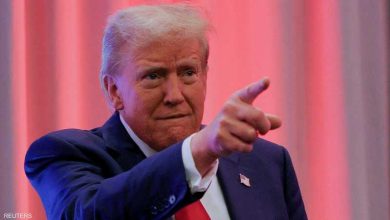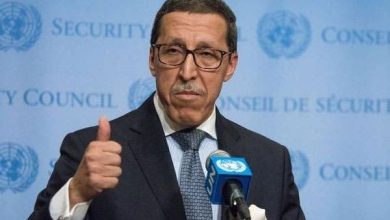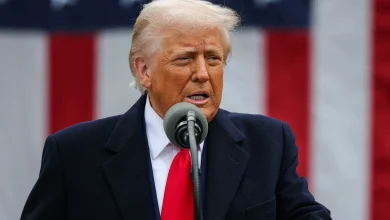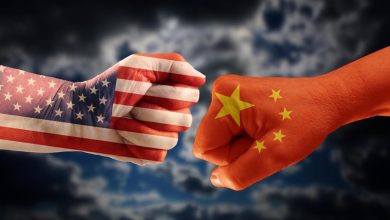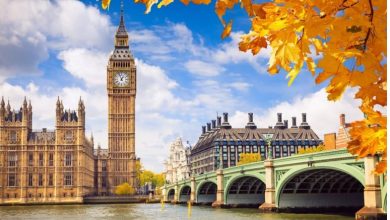End of the Olympic truce: debate on the new Prime Minister resumes in France
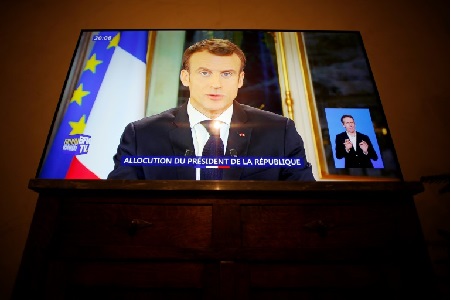
Hibapress
Following the Olympic and political truce called for by the President of the Republic, Emmanuel Macron, on the eve of the Paris Olympics, to ensure the smooth running of the Games and a better welcome for France’s guests, the political parties returned to the fray, on Tuesday, to relaunch the debate on the appointment of a new Prime Minister.
Beyond the lull decreed on the occasion of the Games, the various protagonists welcome a climate of unity that has marked these two weeks. It is on this positive climate that President Macron wants to capitalize to form the next government, according to observers.
Receiving on Monday at the Elysée the various public and private actors who contributed to the organization and success of the Olympic Games, Mr. Macron called for “the continuation of this unprecedented mobilization which contributes to making the French proud and to making our country shine in the world.”
Referring to the spirit that will have to preside over the various deadlines that await the country, in particular the formation of the future government, President Macron affirmed that “this alliance of the territories with the capital, of the sporting world, of the State, of private actors, cannot evaporate.”
This spirit of the Games, he added, “shows us one very simple thing: that when we are all together, we are unbeatable.”
In his last address to the French people on July 10, three days after the second round of the legislative elections, which had placed the left in the lead but without an absolute majority, facing a presidential camp in sharp decline and a National Rally on the rise, President Macron had placed the political parties in front of their responsibilities.
During the last Council of Ministers, Tuesday, July 16, before the resignation of the Attal government, now in caretaker mode, he had called for the establishment of “a majority coalition” or “a broad legislative pact”. Two days later, the National Assembly re-elected Yaël Braun-Pivet to the rostrum, a move that was explained by many observers as a takeover by the presidential camp in the redistribution of political cards.
Party calls
So far, neither side – none of which has a majority in the assembly – has seemed willing to compromise.
On the left, the New Popular Front (Socialist Party, Ecologists, Communists and France Insoumise) still supports its candidate for Matignon, Lucie Castets, who assures that she wants to build compromises text by text on the basis of her program.
On the right, the presidents of the Les Républicains groups in the Assembly and the Senate, Laurent Wauquiez and Bruno Retailleau, have launched an “emergency legislative pact” with 13 measures, but do not intend to enter into a coalition government. As for the outgoing Prime Minister, Gabriel Attal, who has become head of the parliamentary group “Together for the Republic”, has prepared an “action pact” with some 40 measures.
Horizons, the party of former Prime Minister Édouard Philippe, called on republican forces to find ways to work together in order to stabilise the country’s political life.
According to “Le Parisien”, Horizons calls on the parties to “have an obligation to reach an agreement” to avoid the country “a crisis of the regime”.
Edouard Philippe’s party is also inspired by the unifying spirit of the Olympic Games to “bring together the broadest possible base, from the government left to the republican right, around points of agreement, while respecting the limits clearly expressed by each party.”
Time is running out, the agenda is busy
In the political calendar, time is precious. The week of August 15 is crucial for the various protagonists who must find common ground in order to complete the post-election institutional edifice.
At the top of the priorities is the 2025 budget, which traditionally had to be decided by mid-August for examination in Parliament on October 1.
Beyond these dates, the resigning government will have to activate the provisions of the Constitution, in particular article 47 which stipulates that “if the finance law setting the resources and charges for a financial year has not been filed in time to be promulgated before the start of that financial year, the Government shall urgently request Parliament’s authorization to collect taxes and shall open by decree the credits relating to the services voted.”
In addition to the difficulties of finding viable political alliances, the Head of State’s busy schedule during this week prevents consultations from being conducted in a serene manner, in particular two ceremonies commemorating the 80th anniversary of the end of the Second World War: on August 15 in Saint-Raphaël for the landing in Provence (in the presence of African heads of state) and on August 17 in Bormes-les-Mimosas for the liberation of the city. Another commemorative date is that of the anniversary of the Liberation of Paris, on Sunday August 25, then the Paralympic Games which begin on August 28.
In the meantime, the political class and public opinion remain unanimous on the urgency of finding a Prime Minister, even if it means drawing from among the technocrats.

